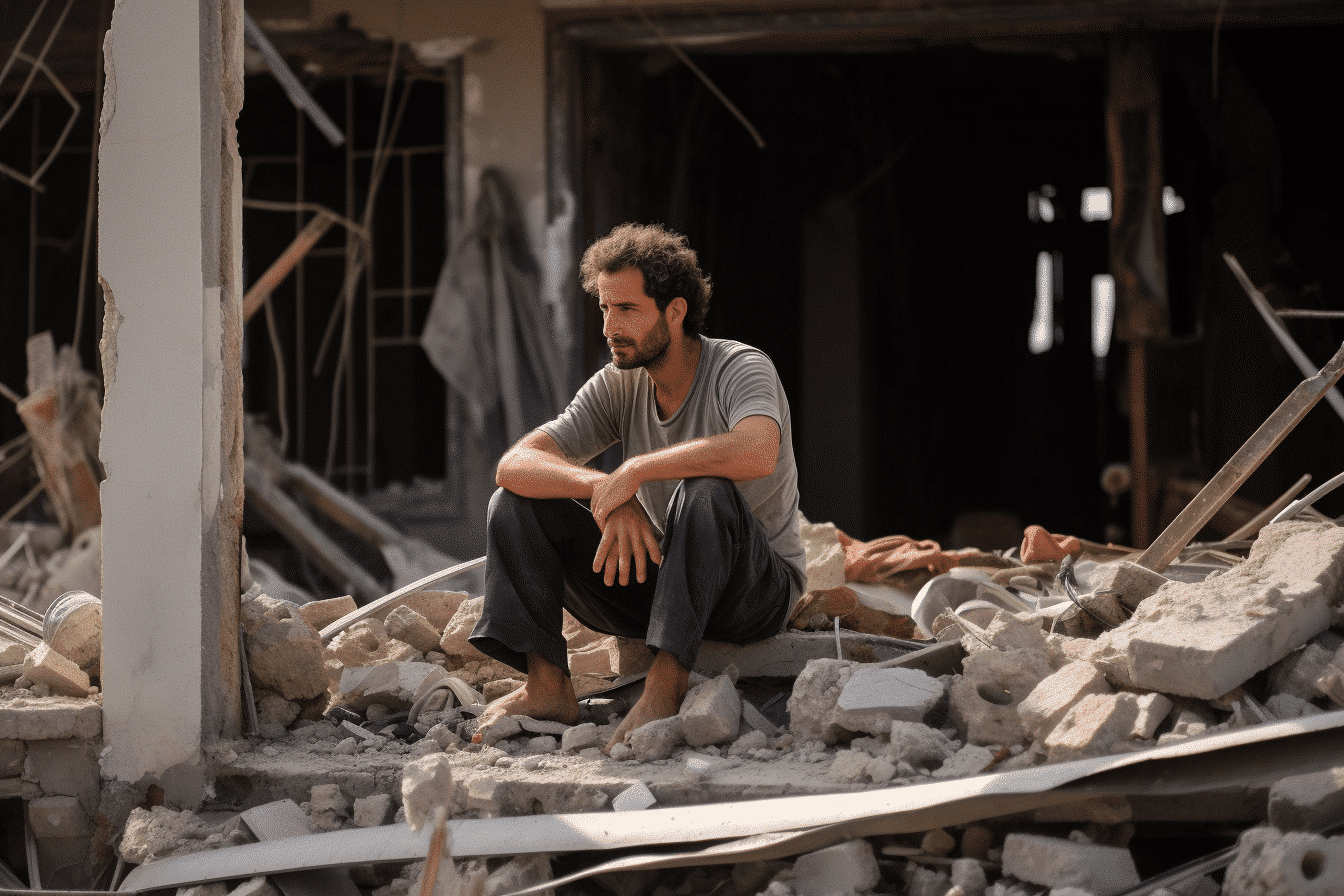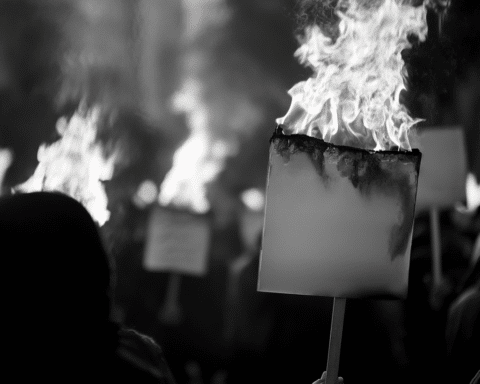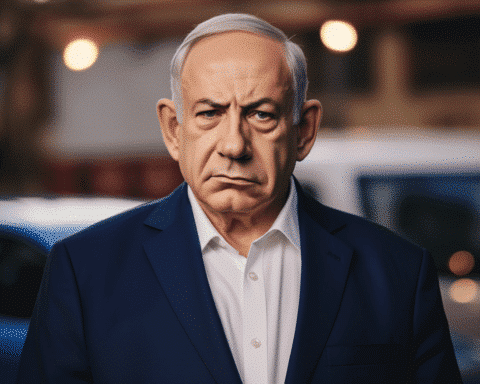In the face of an escalating humanitarian crisis, the people of Gaza find themselves caught between the horrors of war and the dire need for vital supplies. The current situation has resulted in a complete cut-off of essential resources such as electricity, food, fuel, and water, following a “complete siege” ordered by Israel in the aftermath of Hamas’ October 7 terror attacks. The ramifications of this blockade are far-reaching, affecting not only the day-to-day lives of the Palestinian population but also heightening fears of a possible wider regional conflict.
The situation in Gaza remains fluid and precarious, with the latest reports indicating that the critical Rafah Crossing, a vital point for aid delivery, will not open as expected. “I would not put money on those trucks going through tomorrow,” remarked a source familiar with the ongoing discussions, shedding light on the volatility of the current circumstances. With the need for road repairs on the Egyptian side of the crossing and concerns about the sustainability of deliveries, officials are scrambling to find a solution to ensure the aid reaches those in need.
Amidst the growing crisis, a beacon of hope emerged as US President Joe Biden brokered a deal with his Egyptian counterpart Abdel Fattah el-Sisi during his visit to Israel, ensuring the opening of the Rafah Crossing for humanitarian aid. This agreement paved the way for allowing up to 20 aid trucks into Gaza. However, the initial delivery date of Friday now seems uncertain, with US officials indicating a possible delay until Saturday.
David Satterfield, the US special envoy for Middle East humanitarian issues, has been actively involved in negotiations with the Israelis to facilitate the aid delivery. At the same time, the World Health Organization (WHO) is gearing up for what Dr. Richard Brennan describes as “an absolute marathon” to rush aid into Gaza to distribute up to 100 trucks per day.
Despite these efforts, fuel remains notably absent from the list of supplies, a critical component for hospital generators, ambulances, and desalination plants WHO Director-General Tedros Adhanom Ghebreyesus has called on Israel to include fuel in the life-saving supplies allowed into Gaza.
The plight of the Palestinians in Gaza is further exacerbated by the prolonged blockade imposed by Israel, now in its 17th year, which has almost wholly isolated the strip from the rest of the world. The ongoing Israeli airstrikes have left hundreds of thousands homeless and resulted in a staggering loss of life, with over 3,700 people killed in Gaza to date.
The worsening situation in Gaza is a stark reminder of the human cost of war and the urgent need for aid and relief efforts to reach those affected. The opening of the Rafah Crossing is a critical step in the right direction. Still, the aid deliveries must be sustained and include all necessary supplies to alleviate the suffering of the Palestinian people. The world watches and waits, hoping that a glimmer of hope and humanity will prevail amidst the rubble and despair.




